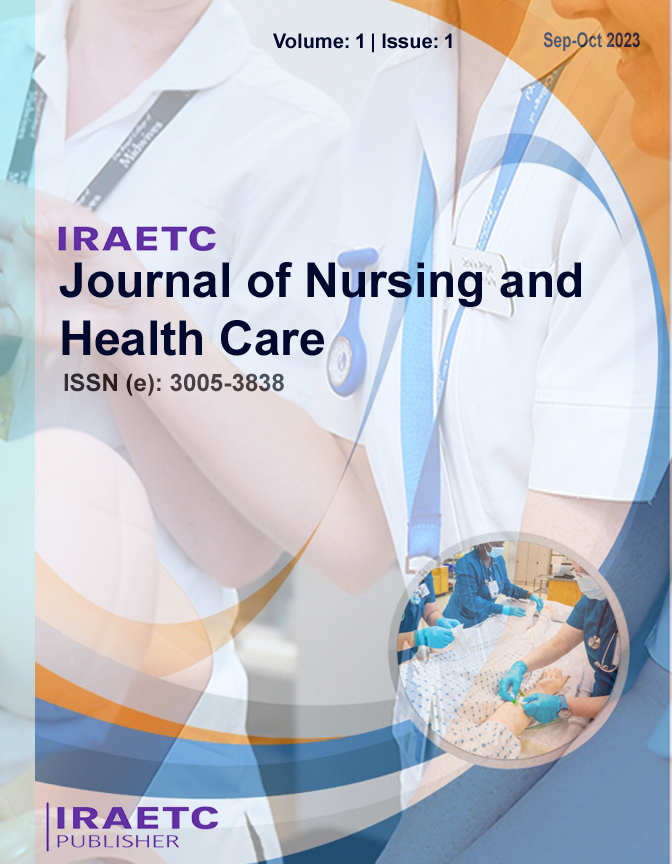Vegetarian Diets with Life Style and Nutritional Problems with Nutritional Quality of Foods

| Vegetarian Diets with Life Style and Nutritional Problems with Nutritional Quality of Foods |
| Md Aktaruzzaman, Samiul Islam, Avijit Saha1, Arnab Halder |
| https://doi.org/10.62469/ijnhc.v02i04.002 |
| Pdf Download |
